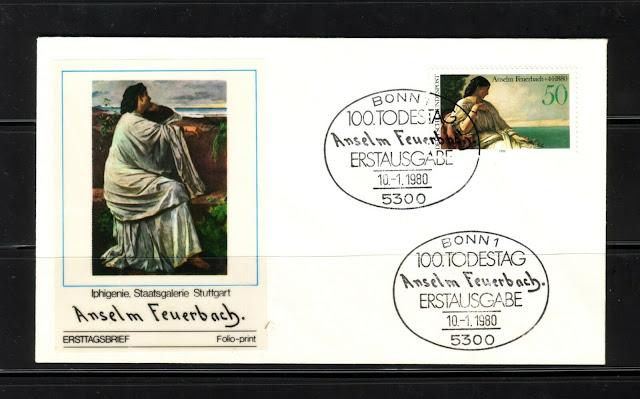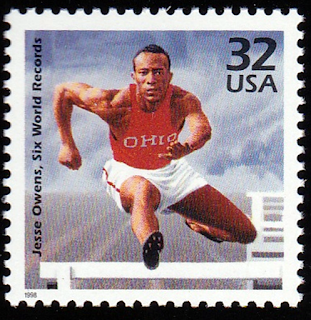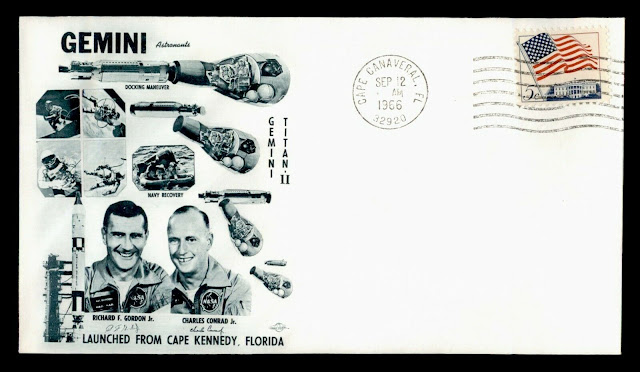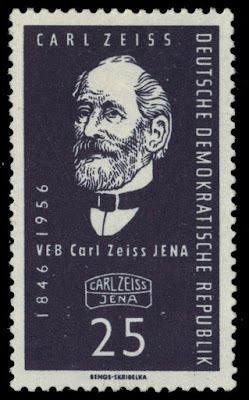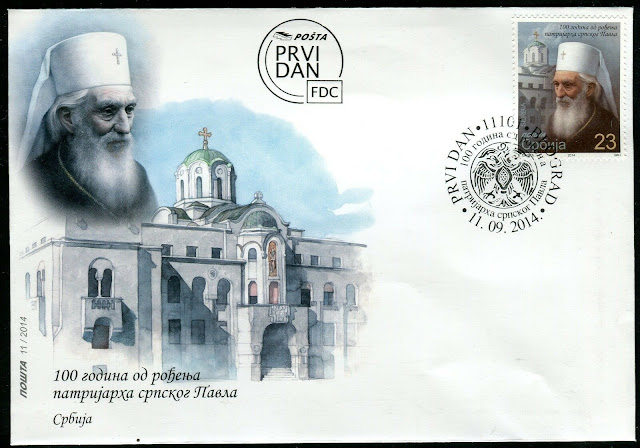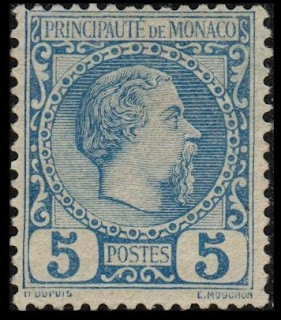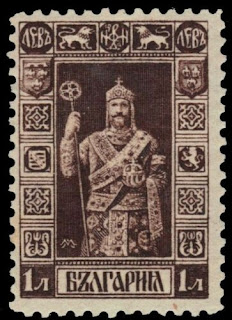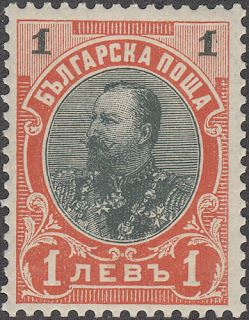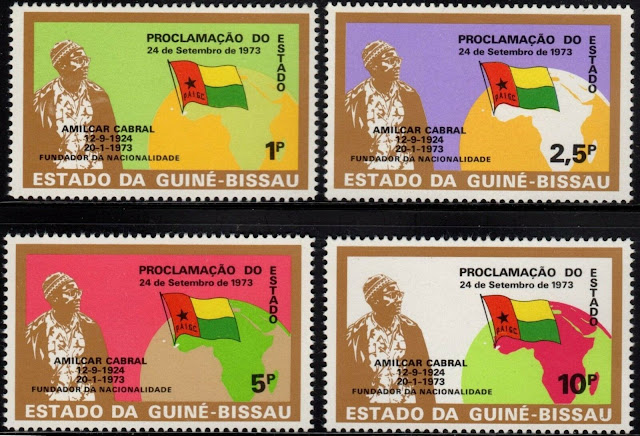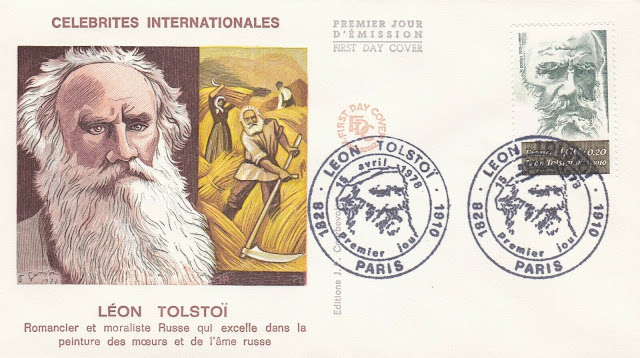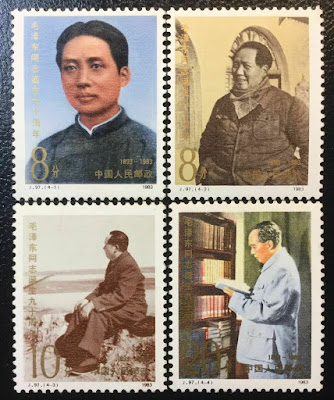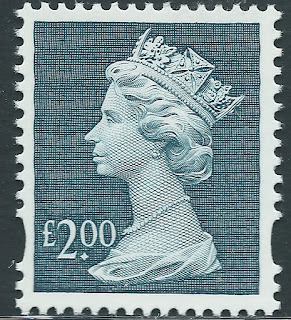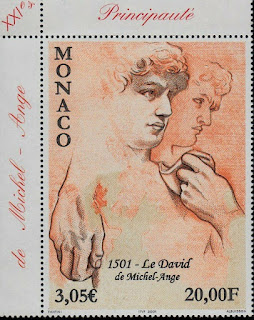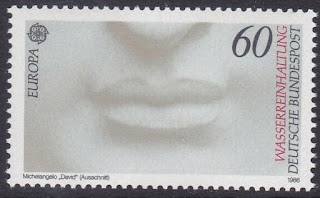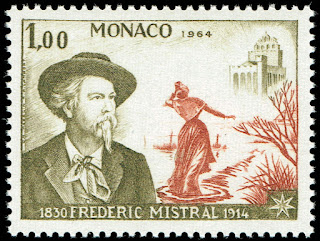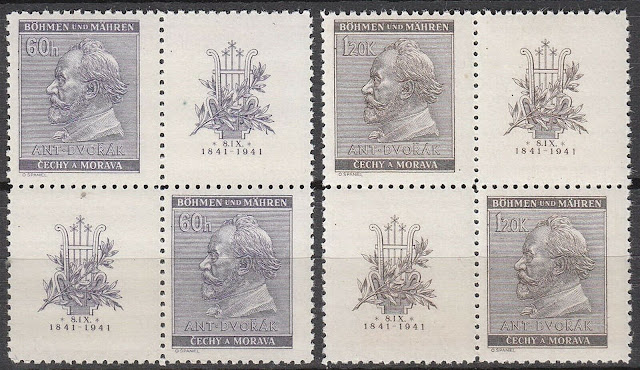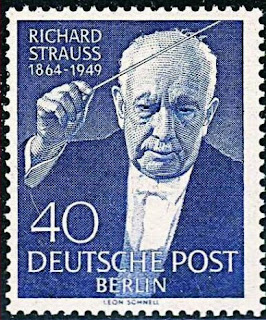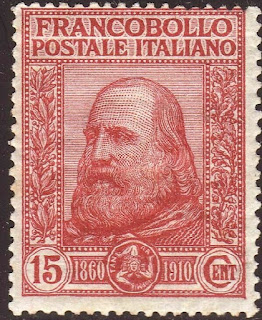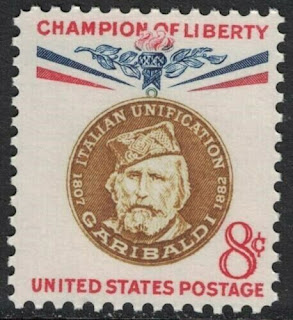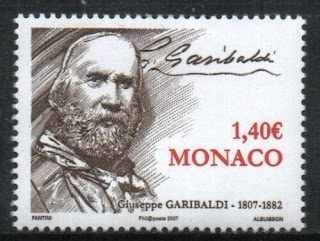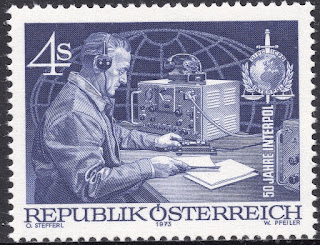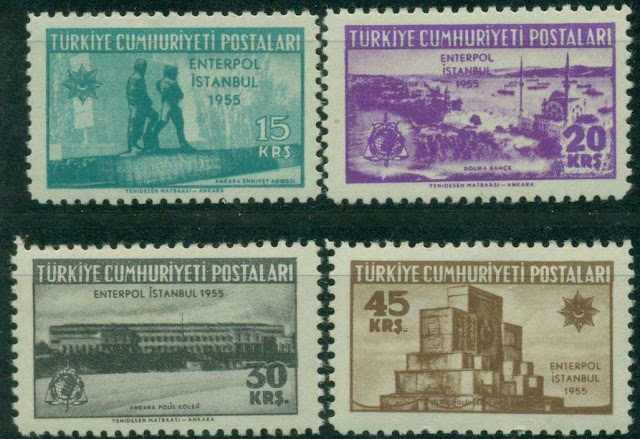1829 Born: Anselm Feuerbach, German painter (d. 1880)
Anselm Feuerbach (12 September 1829 – 4 January 1880) was a German painter. He was the leading classicist painter of the German 19th-century school.
His works are housed at leading public galleries in Germany. Stuttgart has the second version of Iphigenia; Karlsruhe, the Dante at Ravenna; Munich, the Medea; and Berlin, The Concert, his last important painting. Other major works include The Battle of the Amazons, Pietà, The Symposium of Plato, Orpheus and Eurydice and Ariosto in the Park of Ferrara
1913 Born: Jesse Owens, American sprinter and long jumper (d. 1980)
James Cleveland "Jesse" Owens (September 12, 1913 – March 31, 1980) was an American track and field athlete and four-time gold medalist in the 1936 Olympic Games.
Owens specialized in the sprints and the long jump and was recognized in his lifetime as "perhaps the greatest and most famous athlete in track and field history". He set three world records and tied another, all in less than an hour at the 1935 Big Ten track meet in Ann Arbor, Michigan — a feat that has never been equaled and has been called "the greatest 45 minutes ever in sport".
He achieved international fame at the 1936 Summer Olympics in Berlin, Germany, by winning four gold medals: 100 meters, long jump, 200 meters, and 4 × 100-meter relay. He was the most successful athlete at the Games and, as a black man, was credited with "single-handedly crushing Hitler's myth of Aryan supremacy", although he "wasn't invited to the White House to shake hands with the President, either".
The Jesse Owens Award is USA Track and Field's highest accolade for the year's best track and field athlete. Owens was ranked by ESPN as the sixth greatest North American athlete of the 20th century and the highest-ranked in his sport. In 1999, he was on the six-man short-list for the BBC's Sports Personality of the Century.
US stamps depicting Jesse Owens
Gemini 11 (officially Gemini XI) was the ninth crewed spaceflight mission of NASA's Project Gemini, which flew from September 12 to 15, 1966. It was the 17th crewed American flight and the 25th spaceflight to that time (includes X-15 flights over 100 kilometers (54 nmi)). Astronauts Charles "Pete" Conrad Jr. and Richard F. Gordon Jr. performed the first-ever direct-ascent (first orbit) rendezvous with an Agena Target Vehicle, docking with it 1 hour 34 minutes after launch; used the Agena rocket engine to achieve a world-record high-apogee Earth orbit; and created a small amount of artificial gravity by spinning the two spacecraft connected by a tether. Gordon also performed two extra-vehicular activities for a total of 2 hours 41 minutes.

